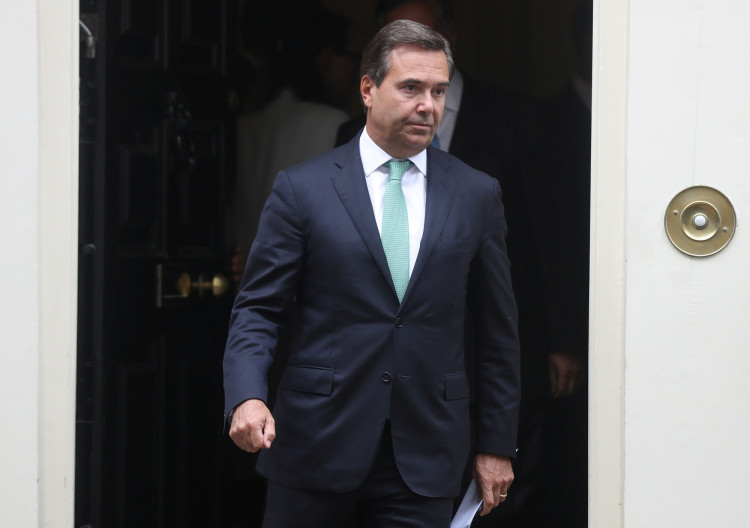The CEO of British retail and commercial bank Lloyds Banking Group will be stepping down from his position after nearly a decade at the helm. The bank announced on Monday that António Horta-Osório will officially be leaving the company early next year. The bank also announced that it will be replacing its current chairman with banking veteran Robin Budenberg.
Horta-Osório joined the bank in 2011 when it was still a state-owned business that was at the brink of collapse. Under his leadership, an ambitious turnaround plan was implemented. Lloyds Bank's finances were in shambles following a government-led rescue after the 2007-2009 global financial crises. The turnaround plan eventually led to the bank's privatization in 2017. Since then the bank has been one of the UK's most stable lenders.
In a statement, Horta-Osório mentioned that he was very much honored to have been part of the bank's transformation. He added that even after his absence, he is confident of the bank's continued growth given its strong management and operations. Horta-Osório will officially be stepping down from his position at the end of June next year.
Budenberg, who will be replacing Norman Blackwell, is the current chairman of Centerview Partners and Crown Estate. The former UBS banker had played a vital role in Lloyds Bank's UK government bailout in 2008. Prior to joining Centerview Partners, Budenberg had led UK Financial Investments, the company responsible for managing the country's treasury shareholdings.
Blackwell, who has been the bank's chairman since 2014, mentioned in a statement that Rudenberg should be able to propel the company's business to new heights given his extensive knowledge of the group and his broad experience. He added that Rudenberg's previous strategic advisory experience will come in handy in supporting the bank's continued transformation. After he takes over Blackwell's role, Rudenberg will be letting go of his position with Centerview Partners. Rudenberg will, however, still be acting as the chairman of Crown Estate.
The bank's management shift comes as it nears the end of its previously announced three-year strategic transformation plan. Moving forward, the company is aiming to come up with a new long-term strategy that will include new measures to combat the global economic slump caused by the coronavirus pandemic. The company stated that by having a new chairman and CEO, management should be able to come up with fresh strategies for the next stage of its transformation.






